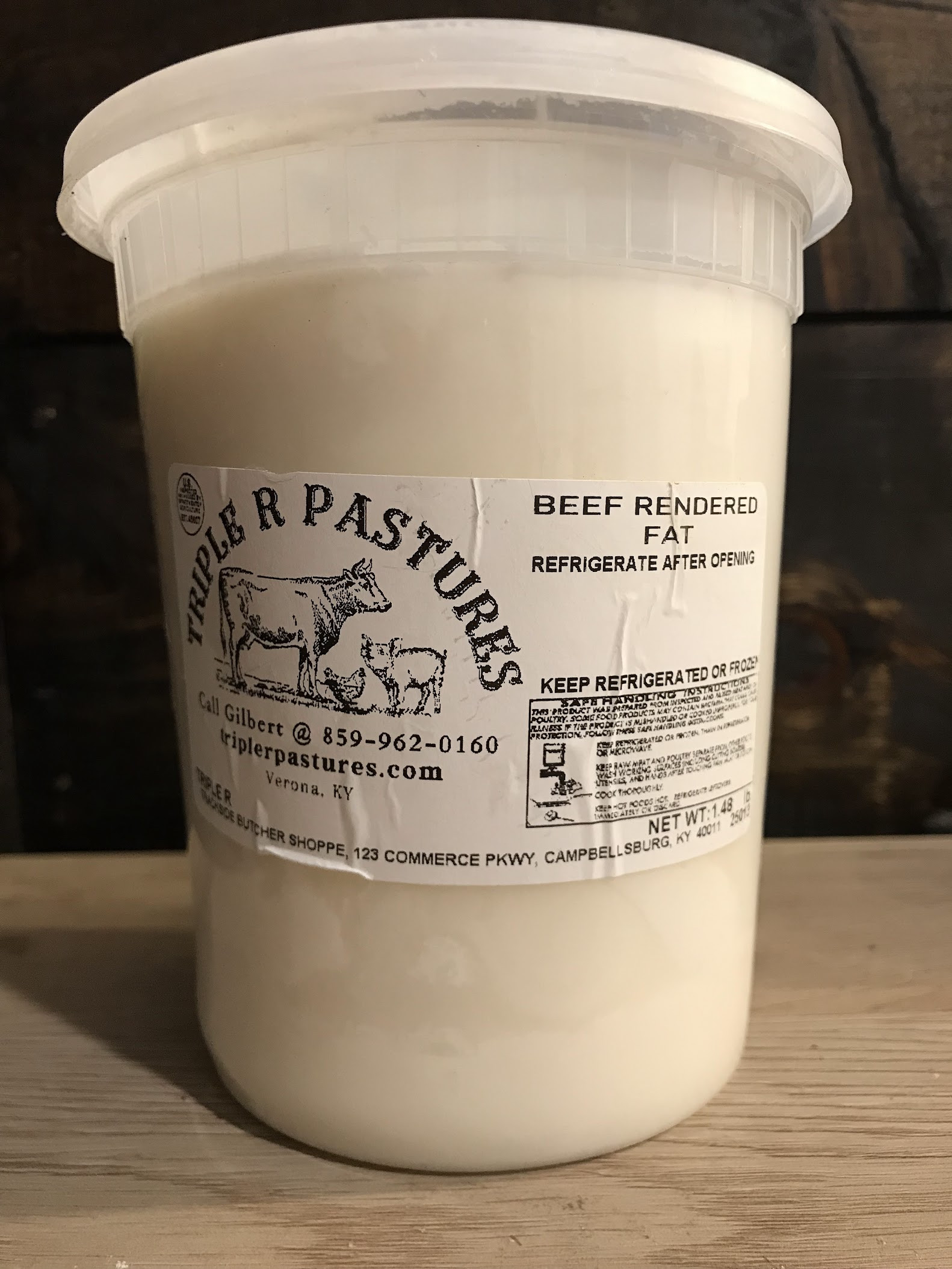Confusing Egg Labels? Pick the Right Ones.
posted on
September 6, 2021
Confused by egg labels? Why are there so many? What to buy? what to avoid?
Am I getting my money's worth?
Today we are going over egg labels and talking about exactly what they mean.

conventional caged eggs- These are the cheapest and most widely sold eggs. The hens are never outside, have less than one square foot to move around, fed GMO soy and corn grain. Chemicals and frequent antibiotics are used.- you want to stay away from these!

cage-free eggs- This label sounds much better, but in reality, they are very similar to caged hens. Though they are not in cages, they still have less than one square foot to move around, the same diet, and never go outside. In addition all the "bad stuff" is heavily used. [Side note: When the "cage-free" label became trendy in the egg industry, the meat industry capitalized on the term and applied the label to meat chickens as well, even though it was never the practice to raise meat chickens in a cage in the first place].

free-ranged- This is one of the most deceptive labels. "Free ranged" makes you think of happy chickens out on the grass in the fresh air and sunshine - WRONG AGAIN. They don't go outside. They have access to a little door that goes to a small space outside. To qualify for this marketing term, the area only needs to be 10 ft by 10 ft. It doesn't even have to be on ground or grass and can be concrete as far as they are concerned. This "outdoor space" is seldom used because most of the time this door is not open to them until the last 2 weeks of life. By this time they are accustomed to being indoors and feel safer inside. As with the standard conventional chickens chemicals and antibiotics are regularly used.

organic- Don't fall for it, as so many of us do!! Organic does NOT equal higher nutritional value. "Organic" is a label that is continually lobbied for by big food businesses, which over time has become more lax about regulations. Nowadays only 95% of the ingredients in an organic product are organic, which means up to 5% of that product can be loaded with chemicals and "bad stuff". I would argue that a pasture-raised chicken fed non-GMO grain has much higher nutritional value than a cage-free hen fed organic grain. One has access to the outdoors, bugs, and grass, while the other, though is fed a higher quality grain, is crammed inside with less than one square foot per bird.

pasture-raised eggs-Traditionally "pasture-raised" refers to chickens that are always on fresh grass (except as chicks when they need heat lamps). The only way to ensure fresh pasture, is to have a chicken system that is mobile and moved regularly. Unfortunately, stores have been selling eggs that are falsely claiming to be pasture raised. Often their pasture-raised chickens are in a stationary building that opens its doors to a large pen outside. Since the building is stationary the chickens are in the same fenced area every day, which eventually turns to the ground to barren dirt.
In short, the only sure way to know how your food is raised is by knowing exactly where it is coming from. Too much accountability is lost in the labeling system.
What makes our eggs so special?
There are two components necessary to produce eggs that far surpass the labels: mobility and fresh pasture.

Mobility- In nature flocks of birds are always moving to new areas. We mimic nature by using a portable electric poultry netting. This protects the chickens from predators while simultaneously keeping the chickens from wandering off. The netting allows us to move the hens regularly, efficiently, and easily.
Fresh Pasture- Moving them frequently creates a sanitary environment for the chickens, removing the need for vaccines, antibiotics, and chemicals. More importantly, unlimited access to fresh grass and bugs is what creates eggs that are 2 to 217 times more nutrient-dense than conventional eggs. Our chickens are also supplemented with our food scraps and organic, antibiotic-free, and Non-GMO feed.
The proof- A study conducted on pasture-raised eggs at Polyface Farm, VA showed an interesting contrast between pasture-raised and conventional eggs. They found that pasture-raised eggs have the following:
217x more folate
7.5x more beta carotene
5x more vitamin A
7x more vitamin E
21x more omega-3
30% less cholesterol
25x less saturated fat
Fake vitamins-95% of retailed vitamins are synthetic. Our body has a hard time digesting them and more often than not they just pass through our system resulting in "expensive urine".
Real vitamins- The micronutrients in pasture-raised animals are completely digestible. God designed our bodies to take in nutrients through our food source, not from a pill designed in a lab.
Dr. Berg, an expert health educator, states that "eggs have pretty much every vitamin and mineral you need except vitamin C". You can think of eggs as your multivitamin.
By eating a holistic diet of nutrient-dense foods our bodies thrive both short-term and long-term.
Your farmer,
Gilbert
"The food you eat can be either the safest and most powerful form of medicine or the slowest form of poison." -Ann Wigmore



